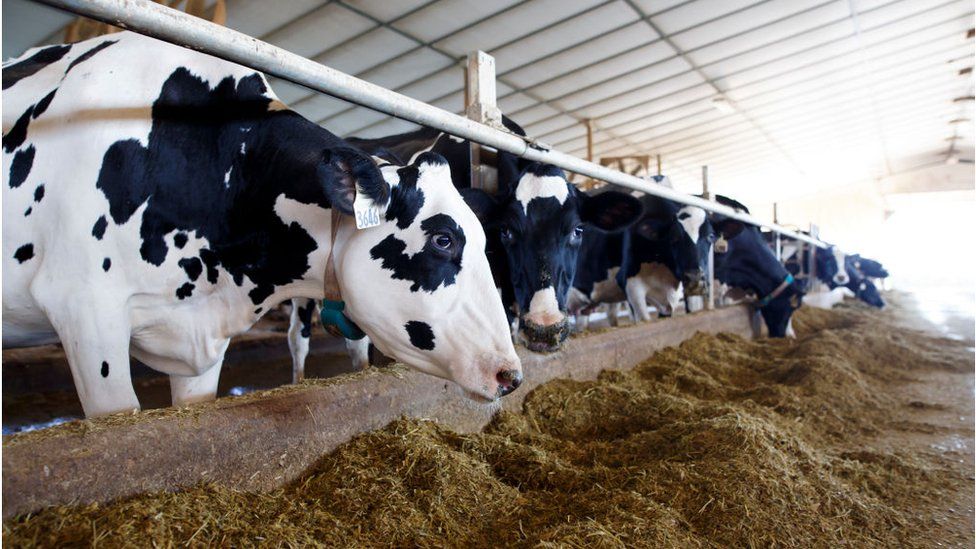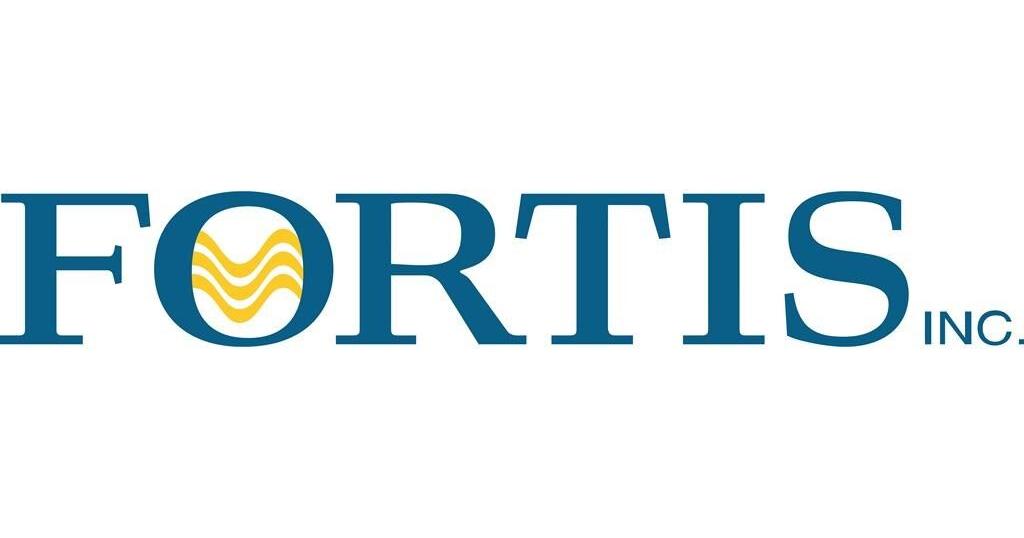TORONTO – Restaurant Brands International Inc. reported net income of US$357 million for its third quarter, down from US$364 million in the same quarter last year.
The company, which keeps its books in U.S. dollars, says its profit amounted to 79 cents US per diluted share for the quarter ended Sept. 30 compared with 79 cents US per diluted share a year earlier.
Revenue for the parent company of Tim Hortons, Burger King, Popeyes and Firehouse Subs, totalled US$2.29 billion, up from US$1.84 billion in the same quarter last year.
Consolidated comparable sales were up 0.3 per cent.
On an adjusted basis, Restaurant Brands says it earned 93 cents US per diluted share in its latest quarter, up from an adjusted profit of 90 cents US per diluted share a year earlier.
The average analyst estimate had been for a profit of 95 cents US per share, according to LSEG Data & Analytics.
This report by The Canadian Press was first published Nov. 5, 2024.
Companies in this story: (TSX:QSR)

























